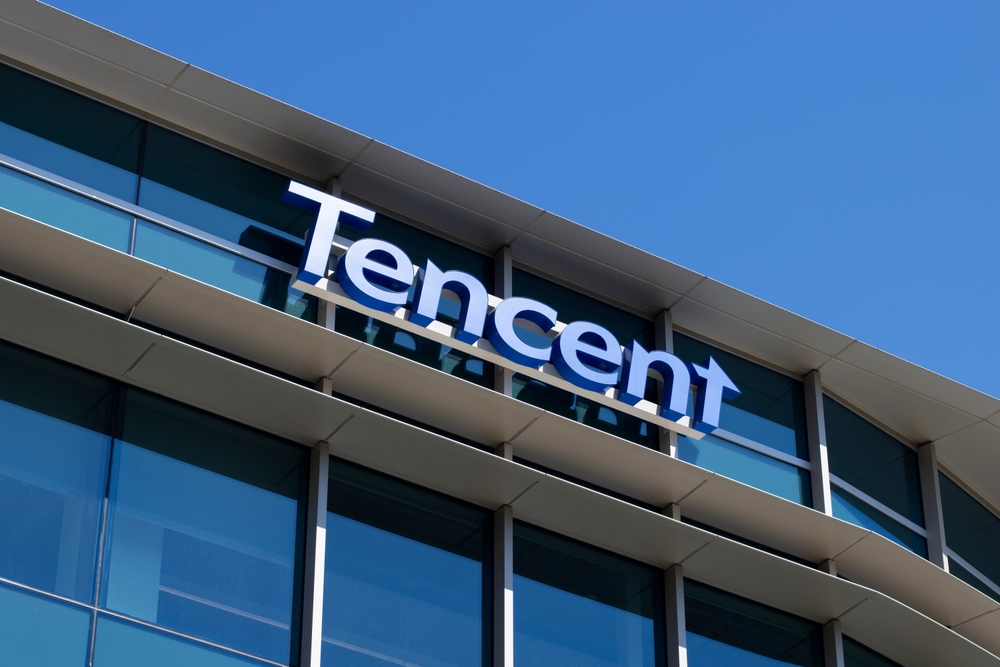Strong second quarter performance confirms gaming industry recovery
Tencent Holdings Ltd, China's largest technology company, posted a strong 82% rise in second-quarter net profit, beating analysts' expectations. The performance was driven by the success of Dungeon & Fighter Mobile, which helped the company's gaming division recover after two-quarters of decline. This positive result suggests that China's gaming industry, worth over $40 billion, may once again be entering a growth phase after a period of regulatory crackdowns that have severely impacted the market in the past. [1]
Increasing competition and high expectations
Although the success of Dungeon & Fighter Mobile and the upcoming launch of Black Myth: Wukong strengthen Tencent's position in the gaming industry, the company faces increasing competition. Competitors such as NetEase Inc. and studio Mihoyo, known for Genshin Impact, have launched new games that have seen significant success. NetEase's Naraka: Bladepoint, for example, reached 4.14 million downloads on iOS in China in its first two weeks, comparable to Tencent's biggest hit. This increase in competition suggests that although Tencent still dominates, its leadership position is not unassailable. [2]
Diversification and challenges in other segments
The gaming division remains Tencent's most important source of profits, but the company faces challenges in other areas of its business. Financial technology and cloud services, Tencent's largest business unit, had a disappointing second quarter, growing only 4%. This weak performance reflects the overall economic uncertainty in China, which is reflected in reduced consumption and caution on the part of both companies and consumers.
Despite this, Tencent improved its gross margins, thanks to its success in online advertising, which saw a 19% increase. This growth helped boost margins, contributing to a total net profit of 47.6 billion yuan, well above estimates of 39.9 billion yuan.
Long-term potential in AI and technology innovation
Tencent is also actively engaged in artificial intelligence (AI), although its progress in this area lags behind rival companies such as ByteDance and Alibaba. AI is already helping to improve ad targeting, but the company plans further AI integrations into its existing services. Tencent has also invested in several AI-focused startups, giving it long-term potential to become a leader in the field. [3]
Conclusion
Tencent has demonstrated the ability to recover in key segments, particularly in the gaming sector, where it remains a dominant player. However, economic uncertainty in China and increasing competition pose significant risks. On the other hand, the company's ability to diversify its business and its commitment to invest in AI suggest that Tencent has the potential for further growth.
For investors seeking exposure to the Chinese technology scene, Tencent is an attractive option, especially if it can maintain momentum in the gaming sector and successfully integrate AI into its business. [4]
[1], [2], [3], [4] Forward-looking statements are based on assumptions and current expectations, which may be inaccurate, or the current economic environment, which may change. Such statements are not guarantees of future performance. They involve risks and other uncertainties that are difficult to predict. Results may differ materially from those expressed or implied by any forward-looking statements.


